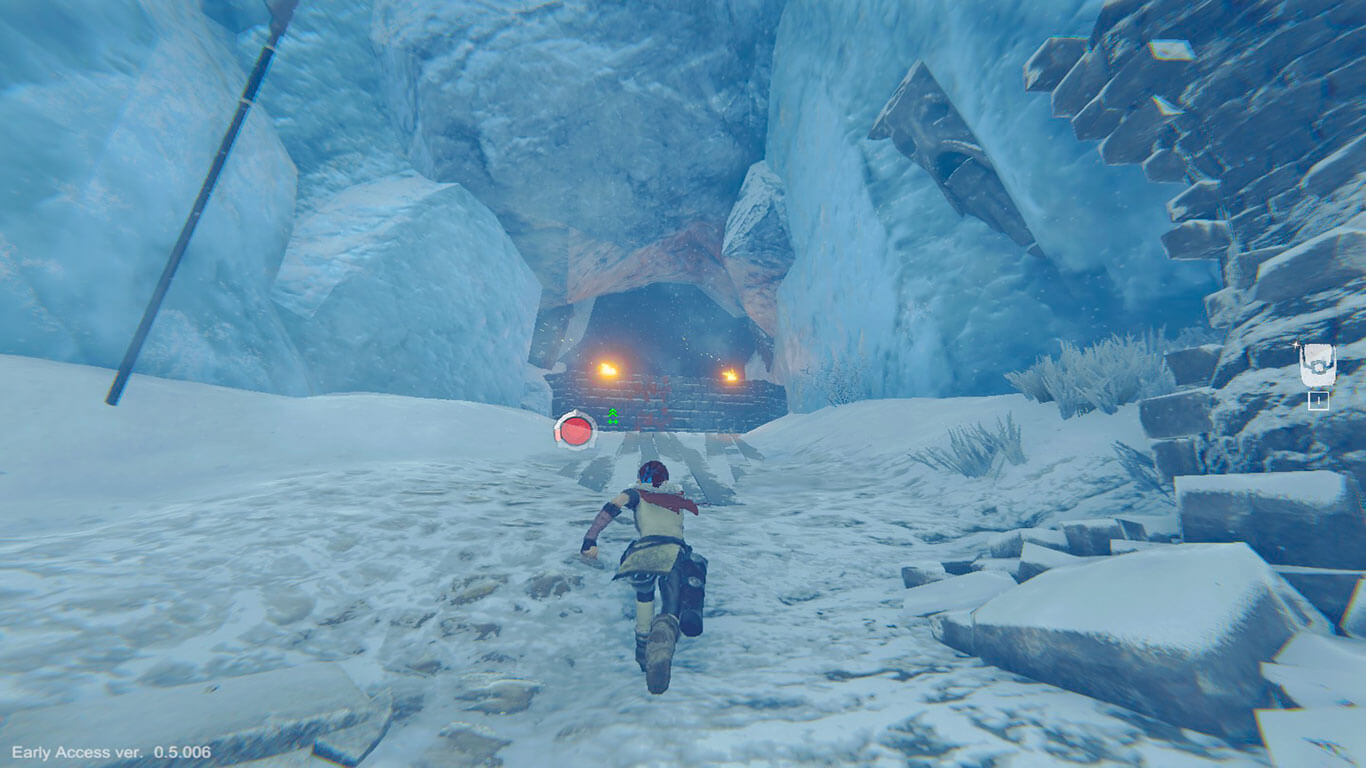

If the story is about the process of one set of gods dying out this way to make room for another, it's Death of the Old Gods.
Praey for the gods engine update#
Some gods may choose to update themselves to stay relevant. Gods in such a system should be very worried indeed if they find out that they're down to The Only Believer.

In belief systems of this kind, the empowered god often gives power back to his worshipers. This trope is related to Emotion Eater, but doesn't imply evil, vampirism, or negative emotions unless the god is tied in with those by nature. Mortals and gods then end up in a symbiotic relationship, with the humans providing belief and worship to the gods and the gods providing assorted divine miracles in return. The gods of most typical Dungeons & Dragons games grant divine spells to their priests, which give them all kinds of fancy powers.

It's kind of like a bank run on a god.ĭepending on the setting, the gods can often provide incentives for people to worship them. The tragedy here is that worshippers who leave the god because he/she didn't grant their miracle will continuously weaken the god until they can't grant any miracles. The opposite is also true: As a deity's power base of worshippers shrinks, their divine strength fades and if all worship of them ceases, they may completely fade out of existence. In this sense, a god is a form of Tulpa, a thoughtform, made completely out of their worshippers' belief and faith in them. Soon, the deity has enough collective belief behind their 'name brand' that they come into existence, and use that power to fulfill the needs of their worshippers. The deity could have been originally conceived and shaped by the needs and desires of one small group, but like any good meme, this "idea" grows with each new person who responds, then spreads the word of this great new "god on the block". Who knows what this amiable working relationship may lead to in the future.In the world of fantasy, it is a largely accepted fact that the power of any given deity is proportional to the amount of belief in them or the amount of worship they are currently receiving. It even achieved a historic place in gaming for being the first Xbox title to be ported over to a Nintendo System, following a stream of Microsoft characters making their way onto Super Smash Bros Ultimate. Its heartwarming story and terrific world design paved the way for a sequel in 2020. The latter would eventually evolve into Ori and the Blind Forest after Microsoft took an interest in the prototype.Īfter four years of development, Ori and the Blind Forest was released to universal acclaim and gained Moon Studios the Best Debut award at the 2016 Game Developers Choice Awards. The team then worked on creating two prototypes to pitch to publishers, one being a FPS with RTS elements, while the other was a Metroidvania mixed with platforming. Uniquely, this enterprise began as a "Virtual Studio," with members drawn from all over the globe collaborating online. Moon Studios had high ambitions for their indie debut title. It currently holds a 9/10 rating on Steam and is available on PS4, Xbox One, and Nintendo Switch. With Unity, he was able to produce the game with a small team, though remained responsible for 90% of its design, art, and programming. Originally the production of the game started in CryEngine, but Gallat decided on using Unity after finding the former engine too difficult to use. The end product was Ghost of a Tale, which follows a tiny mouse minstrel called Tilo journeying through a towering world that's fraught with danger. Inspired by films such as The Dark Crystal and The Secret of NIMH, he sought to recapture the sense of wonder that video games from the '80s and '90s awarded him back then, but with as near a tiple-A quality as he could singlehandedly produce. An animator-turned-game developer, Gallat had worked on several Dreamworks and Universal Pictures properties before converting to the world of independent game development. Who would have thought that Dark Medieval Fantasy and anthropomorphic animals would go together so well? Well, Lionel Gallat certainly did.


 0 kommentar(er)
0 kommentar(er)
